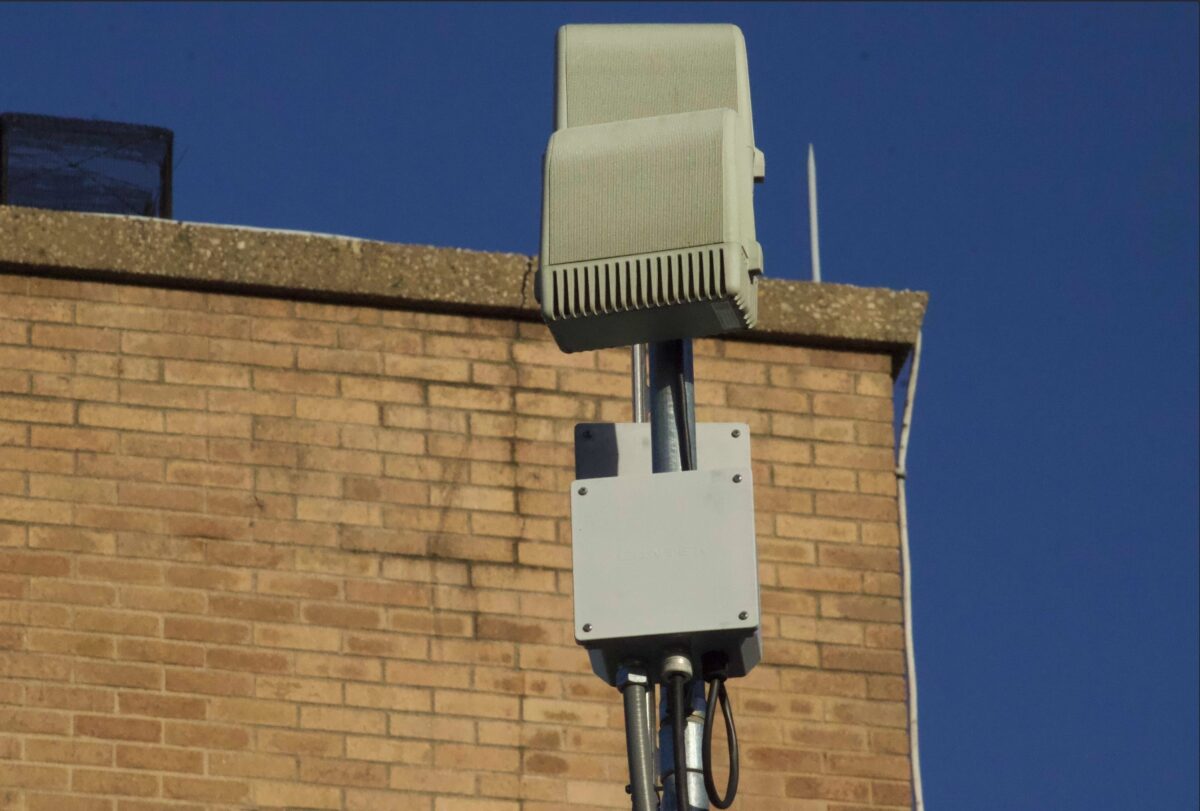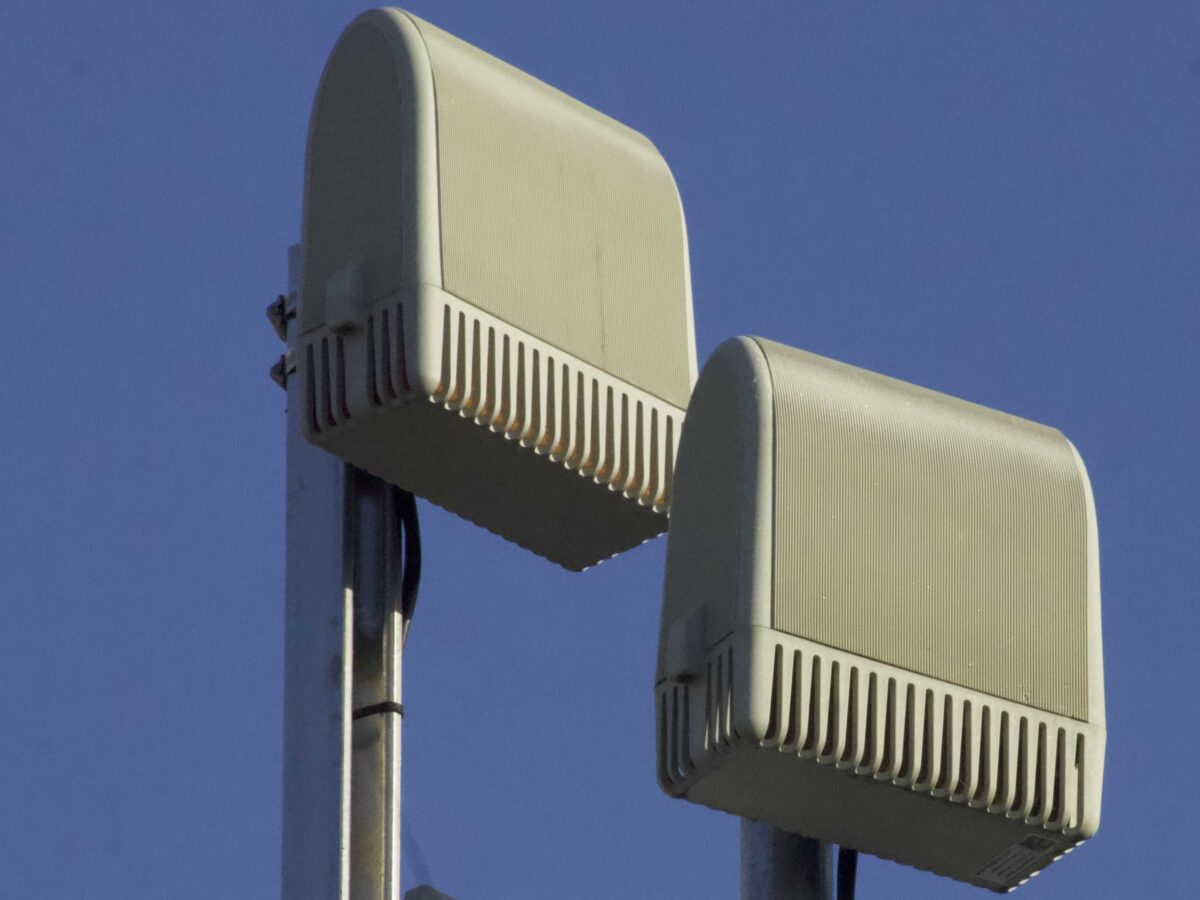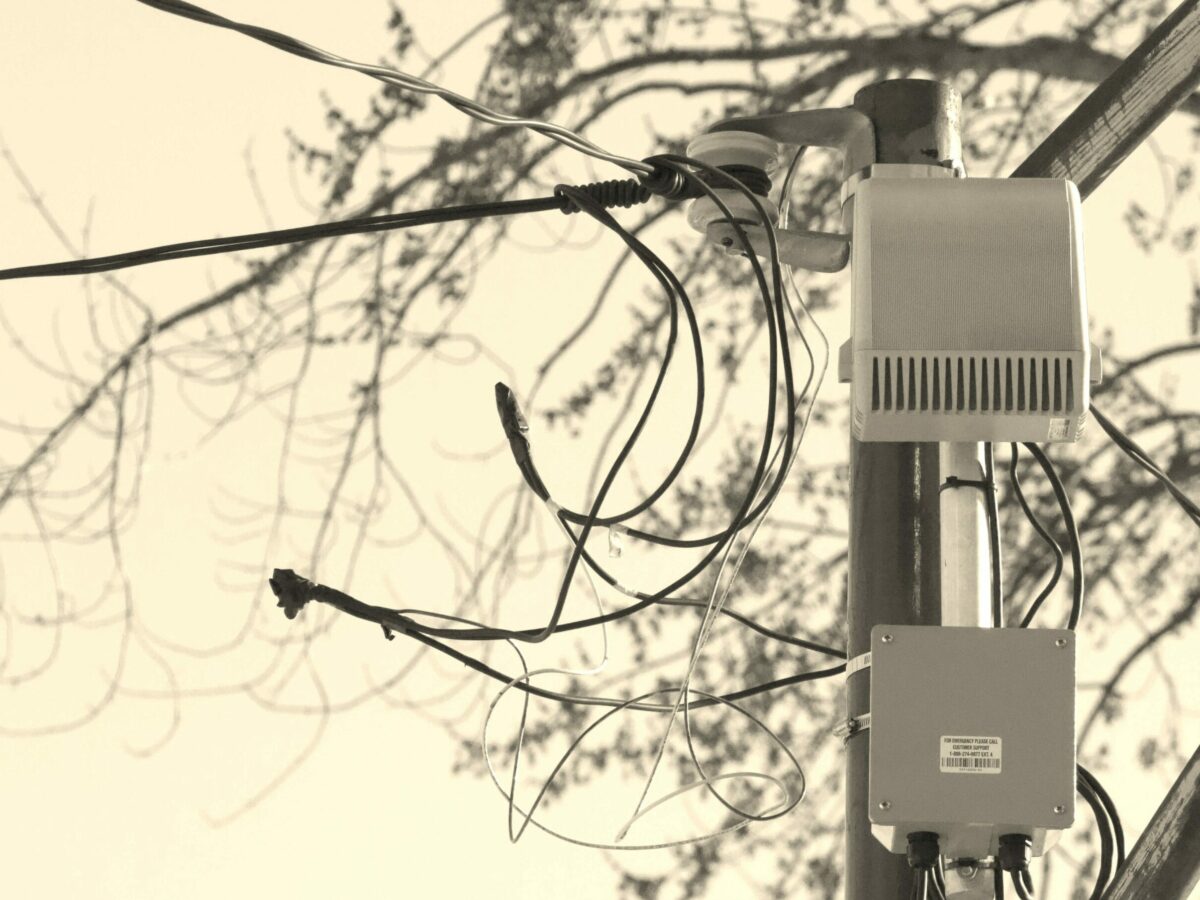Chicago’s experiment with gunshot-detection tech is not over yet.
Mayor Brandon Johnson declined to renew ShotSpotter’s contract this year, and on September 23 the company stopped providing regular gunshot alerts to the police. That same month, his administration also issued a Request for Information (RFI) for a replacement “law enforcement response technology.”
Before the City issued the RFI, a group of City officials, activists and other stakeholders convened to discuss alternatives to ShotSpotter. Via a public records request, the Weekly obtained the self-styled Acoustic Gunshot Detection Alternatives Working Group’s meeting notes and other documents. The group was tasked with finding and presenting recommendations to the mayor about the City’s use of law-enforcement technology. Ultimately, the group recommended Chicago keep some form of acoustic gunshot detection tech.
“We want to find a match between getting officers to a scene within a certain time and not endangering people and not costing millions of dollars,” said mayoral advisor Alyx Goodwin at the group’s first meeting.
The mayor decided to phase out ShotSpotter despite remaining open to some form of gunshot detection system because “he is looking for something [that is] more community-centered and invests in people.”
The notes said that while the City would be able to remove sensors located on public property after the September 23 deactivation date, those located on private property couldn’t be touched.
The working group hotly debated the question of ShotSpotter’s accuracy. Some members of the group voiced their support for the technology. One said, “Gun violence is personal to me,” adding that their house had been set on fire for reporting gunshots. “We relied on ShotSpotter a lot, so we knew where to go when we heard a shooting,” they said, adding that the “community can call over and over and police do not respond, but with ShotSpotter the officers go immediately.”
Another added that their community is “overwhelmingly in favor of keeping ShotSpotter.” Others said that the technology “saves lives.”
But not all comments were positive. One attendee said they did not believe claims that ShotSpotter is “97% accurate and that they reduce crime,” adding that “they are marketing ploys.” Another member of the working group said, “The real discussion is that we just do not know, and [ShotSpotter] is not forthcoming.” Yet another proposed that the group find “a company that does [gunshot detection] and allows us to validate their evidence.”
At a subsequent meeting, the group discussed Flock, a ShotSpotter competitor, and that company’s Safety Raven tool, which according to its website provides “AI-powered gunshot detection, layered with [license-plate readers], video and analytics.” A spokesperson for Flock confirmed the company submitted a response to the RFI.
SoundThinking, ShotSpotter’s parent company, has indicated it would submit a response as well. The company has vigorously defended ShotSpotter’s accuracy.
The mayor was slated to attend the group’s final meeting in September so they could present their recommendations to him. Two working-group sources who spoke on the condition of anonymity because they weren’t authorized to talk to the press said he did not show, and one said he sent Deputy Mayor for Community Safety Garien Gatewood instead.
Earlier that day, Johnson presided over a contentious City Council meeting in which alderpersons passed an ordinance empowering CPD Superintendent Larry Snelling to circumvent the mayor and negotiate a new gunshot-detection contract. (Johnson has claimed that ordinance is unenforceable.)
Ultimately, the working group did not recommend the adoption of any specific technologies, according to the sources who were present at the meetings. Instead, they offered a set of “values” to guide the Mayor’s Office in evaluating potential replacements, as well as recommendations for immediate next steps.
“The solution should reflect the mayor’s values of investing in people, co-governance, public safety, avoiding disparity in use and deployment that would exacerbate harms, and does not prioritize profiting off of these harms,” the first value statement reads.
The second value statement says the “solution” should be transparent about “data collection, evaluation, and analysis,” in a manner that meets “standards of forensic and scientific evaluation,” and that it needs to be vetted before a new contract is signed. The other value statements stress transparency and community input, and note that the solution should support rapid responses to gun-violence victims, and “ensure first responders ‘do no harm’ in its use and deployment.”
The slide showing the group’s other recommendations was redacted in the documents the Mayor’s Office provided in response to our public-records request. The Weekly was able to independently obtain that slide, however. It shows that the group recommended the RFI be issued “to understand all existing technology solutions” available to the City.
They also recommended the City promote the use of 911 and support community organizations that lead first-aid trainings.
The group also recommended the City “continue the current contract for gunshot detection until another option and alternative is ready to implement.” According to the slide, some working-group members refused to co-sign the recommendations without that one being included.
The slide also lists questions for the mayor, including asking Johnson if he would be open to renegotiating SoundThinking’s contract, and what his thoughts on the ordinance empowering Superintendent Snelling to negotiate a contract were.
Other questions asked whether the City could be sued by gun-violence victims after ShotSpotter was deactivated and whether the microphones would be turned off. (In April, the Weekly and WIRED reported that ShotSpotter continues to listen for gunfire even after its contracts expire.)
Johnson’s 2025 budget, which the City Council passed last week, included an amendment that boosted the Office of Public Safety Administration’s (OPSA) tech budget by nearly $10 million to fund initiatives related to the RFI, including acoustic gunshot detection.
Gunshot-detection tech, it seems, is not entirely off the table.
“The group came to the opinion collectively that we need some sort of acoustic-gunshot technology,” one working-group member told the Weekly, “but that ShotSpotter as currently operated was not the move.”
Jim Daley is the Weekly’s investigations editor. Max Blaisdell is a fellow with the Invisible Institute and a staff writer for the Hyde Park Herald.




